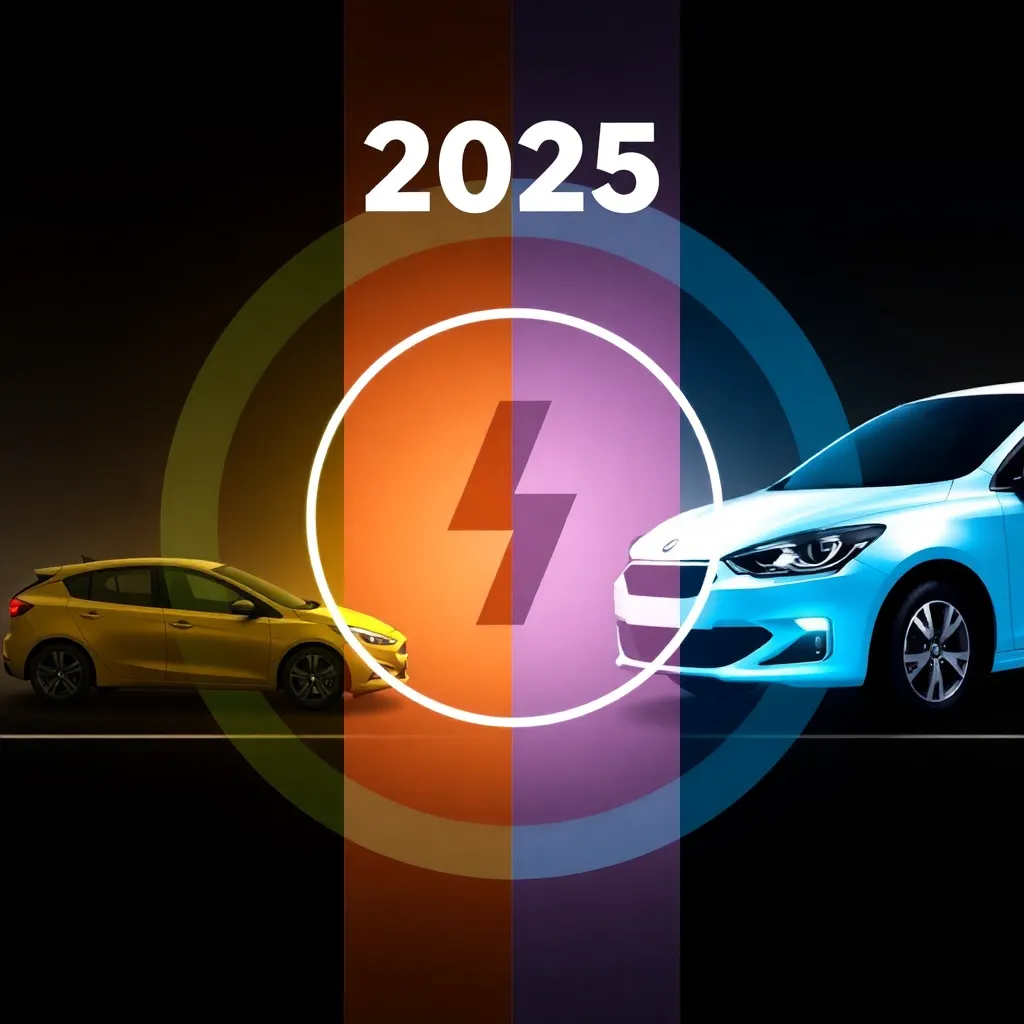
The Indian automotive landscape is evolving faster than ever. With rising fuel prices, tighter emission norms, and government push for green mobility, vehicle buyers in 2025 are faced with a crucial question:
Should you go for a petrol car, diesel vehicle, or make the switch to electric?
Let’s break down the pros, cons, and costs of each option to help you make the best choice for your needs.
⛽ PETROL VEHICLES
✅ Pros:
- Lower initial cost than diesel or electric.
- Quieter and smoother engines compared to diesel.
- Ideal for city driving and low to medium daily usage (under 50–60 km/day).
- Lower maintenance costs than diesel.
❌ Cons:
- Fuel cost is higher per km compared to diesel.
- Lower mileage than diesel engines.
- Contributes to air pollution and carbon emissions.
💰 Running Cost:
Avg mileage: 15–18 km/litre
Fuel price: ₹100/litre
Cost per km: ~₹5.5–6.5
🛢️ DIESEL VEHICLES
✅ Pros:
- Higher fuel efficiency, especially on highways.
- More torque and pulling power – great for SUVs, MUVs, and long-distance driving.
- Longer engine life in many cases.
❌ Cons:
- Higher upfront cost (₹1–2 lakh more than petrol variants).
- Expensive maintenance due to costly parts and emission equipment.
- Declining resale value due to stricter emission norms (BS6, likely BS7 soon).
- Diesel bans in some cities and NCR zones.
💰 Running Cost:
Avg mileage: 18–22 km/litre
Fuel price: ₹90/litre
Cost per km: ~₹4.5–5
⚡ ELECTRIC VEHICLES (EVs)
✅ Pros:
- Extremely low running cost – just ₹1–1.5/km.
- Zero tailpipe emissions – eco-friendly and government incentives available.
- Low maintenance – fewer moving parts, no oil changes.
- Smooth, quiet drive with instant torque.
❌ Cons:
- High upfront cost, though reducing with new models and subsidies.
- Charging infrastructure still developing in many cities.
- Range anxiety – limited distance per charge (100–500 km depending on model).
- Battery replacement cost after 7–8 years can be significant.
💰 Running Cost:
Avg efficiency: 6 km/unit of electricity
Electricity cost: ₹8/unit
Cost per km: ~₹1.3–1.5
🧠 Which One Should You Choose in 2025?
| Criteria | Petrol | Diesel | Electric |
|---|---|---|---|
| Upfront Cost | ₹₹ | ₹₹₹ | ₹₹₹–₹₹₹₹ |
| Running Cost | High | Medium | Very Low |
| Maintenance Cost | Low | High | Very Low |
| Best For | City use, occasional drives | Long drives, heavy usage | Daily urban commutes |
| Environment Impact | High emissions | Moderate emissions | Zero emissions |
| Future Proof | Medium | Low | High |
🏁 Final Verdict
- Choose Petrol if you’re on a tight budget, drive mostly in the city, and cover less than 1,000 km/month.
- Go for Diesel if you clock high mileage regularly, need more power (like for SUVs), and live in areas not affected by diesel restrictions.
- Opt for Electric if you want long-term savings, lower carbon footprint, and have easy access to charging (home or public).
In 2025, electric vehicles are becoming more practical and future-ready, but the final choice still depends on your driving habits, budget, and city infrastructure.







